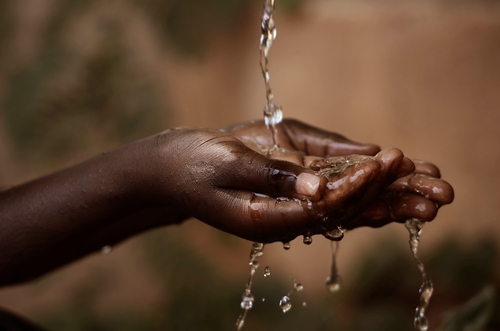
Water for society – Including all
World Water Week, the leading annual event on global water issues, was held in Stockholm from August 25-30, 2019. https://www.worldwaterweek.org World

Share with Friends

World Water Week, the leading annual event on global water issues, was held in Stockholm from August 25-30, 2019. https://www.worldwaterweek.org
World Water Week is organized by the Stockholm International Water Institute (SIWI) https://www.siwi.org and has been the focal point for global water issues since 1991. World Water Week is building on SIWI’s mission to leverage knowledge and power to strengthen water governance for a just, prosperous, and sustainable future. SIWI is embarking on a multi-year process to evolve World Water Week into the world’s most influential movement, transforming global water challenges.
The conference focuses on the principle that water is key to future prosperity and that together a water wise world can be achieved. Each year a particular theme is raised to enable a deeper examination of a specific water-related topic. In 2019, the theme will focus on Water for society – Including all.
Water is our most valuable resource and is the basis for all life on the planet. But our water resources, and our very existence, are under threat. Climate change, resource management, urbanization, drought, poverty and economic development are just some of the influences that threaten our water resources and our ability to access these valuable resources. Inclusiveness, or “no-one left behind” as the UN describes their main them for World Water Day, means that everyone has access to clean, sustainable water equally on the planet. A challenging target indeed.
The Stockholm International Water Institute has set 17 Sustainable Development Goals (SDGs) as well as ambitious targets for future development for all countries, whether high, middle or low income. This Thematic Scope covers many of these goals, in poverty, hunger, gender equality, water and sanitation, on inequality and on peaceful and inclusive societies. Achieving these goals is central to achieving an inclusive societal transformation process to meet the SDG target deadlines set for 2030.
There are many noteworthy topics and speakers covered in this conference. For a full line up of speakers and topics please see here: World Water Week topics and schedule
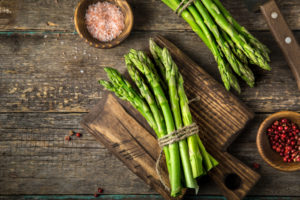
In relating to big topics like climate change and poverty we often feel helpless and immobilized. Faced with these monumental questions, what can I do to help?
What is a water-wise diet? How inland fisheries play a role in improved biodiversity? These are some of the many food-related topics up for discussion at this year’s World Water Week.
Questions on food security are starting to climb up the international agenda as governments are becoming more aware of the enormous challenges they face. Not only is the global population expected to grow by two billion in the coming 35 years, but climate change and degraded ecosystems will make agriculture difficult or impossible in parts of the world.
Subsistence farmers already lead insecure lives, and even greater risk of crop failure and hunger lies ahead. Climate change is expected to bring an ever-growing number of droughts and floods, as well as increasingly unpredictable rainfall patterns, the consequences of which can be devastating for farmers.
The daunting reality faced by affected communities are explored in several World Water Week sessions, including: Leaving no one behind – the World Water Development report.
New problems demand innovative solutions. Latest research indicates that small-scale irrigation and a focus on nutrition can boost productivity and food security, which will be discussed during the session: The multiple bridges connecting the water-nutrition divide: What’s new?
Droughts and their devastating consequences will be addressed during: A big push for drought resilience – can it include all? Where it is argued that better drought monitoring and early-warning systems, coupled with adaptation measures based on indigenous knowledge, could substantially reduce the risk of droughts. The urgency of such debate cannot be overemphasized since droughts are considered to be even more destructive to communities than floods or wildfires, in part because they are more linked to rising levels of conflict, something that is also discussed in sessions such as Climate security – moving towards reduced insecurity.
In total, 31 World Water Week sessions are dedicated to agriculture, which is accountable for 70 per cent of freshwater withdrawals.
The global shift to more water intensive food habits will also be highlighted during the Week. The consequences are quite dramatic since large parts of the world have started eating more meat and cheese, which generally require more water for their production. To reverse the trend of increasingly water-intense diets, the first step is awareness: using the concept of water footprints, it can be calculated how much water is required for different kinds of food.
Certain fruits and vegetables are especially water intensive and their cultivation in water scarce areas can result in the local population and nature will be denied access to the water they need. Where does the responsibility lie? In the hands of global food retailers or the wallets of consumers readily buying imported food? That question will be up for discussion during: Is asparagus to blame? A supply-chain review, where a case study concerning asparagus cultivation in Peru will be explored.
The role of inland fisheries has to play will be discussed here: Inland fisheries, freshwater governance and the 2030 Agenda, with the focus lying on fish as an ecosystem service that should be protected by good freshwater governance
If you missed the conference but still want to follow up check out the Stockholm International Water Institute (SIWI) for updates https://www.siwi.org
Best Water www.waterionizer.org recognizes the importance of maintaining and improving access to clean, healthy water for everyone on our planet. We encourage everyone to educate themselves on ways we can contribute, take a stand, participate, take action and inform others on how to preserve and distribute this valuable resource around the globe.
Share with Friends

Julia Abelsohn is a writer, editor and clinical aromatherapist. She has been sharing her expertise and passion for health and wellness for over 25 years. When not at her desk she can be found exploring the many trails and green spaces near her home in Edmonton, Alberta.
Featured
Drink healthy, hydrogen-enriched water on the go with the AOK 808
The only USA-made water ionizer filter that has certified independent test results for reducing 172 contaminants by 99.9%.
World’s most advanced natural filter, alkalizer, ionizer and hydrogen system all in one affordable package.
Follow Us
Latest Posts

World Water Week, the leading annual event on global water issues, was held in Stockholm from August 25-30, 2019. https://www.worldwaterweek.org World
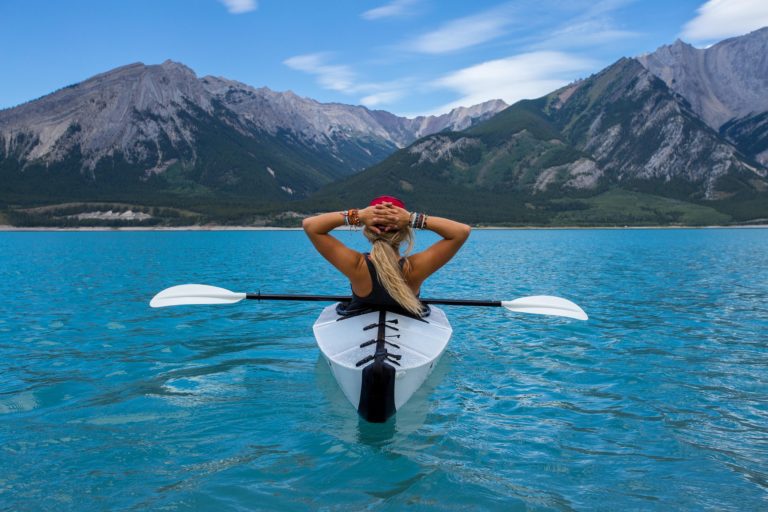
It’s Saturday morning, the sun is shining and it’s a perfect day to go out for a paddle. You grab
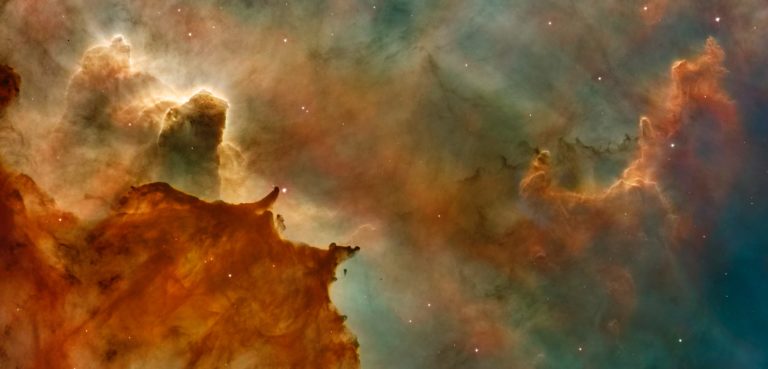
Since time immemorial scientists, philosophers and even us mere mortals have asked the question: are we alone in the universe?
Popular Posts
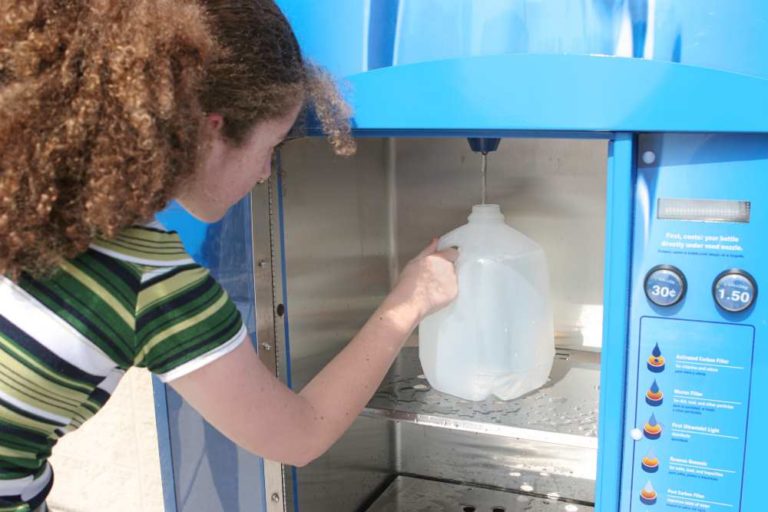
Water vending machines are as common in grocery stores as ATM machines but what kind of water are they really
For over 20 years, thousands of customers worldwide rely on Best Water for our excellent one-to-one support, high quality water ionizer products and competitive pricing. If you have any questions at all please call us. Our experienced techs are ready to help! Learn more about us.
© 2019 Best Water Inc. All Rights Reserved. Website & Branding by Elite Web Design